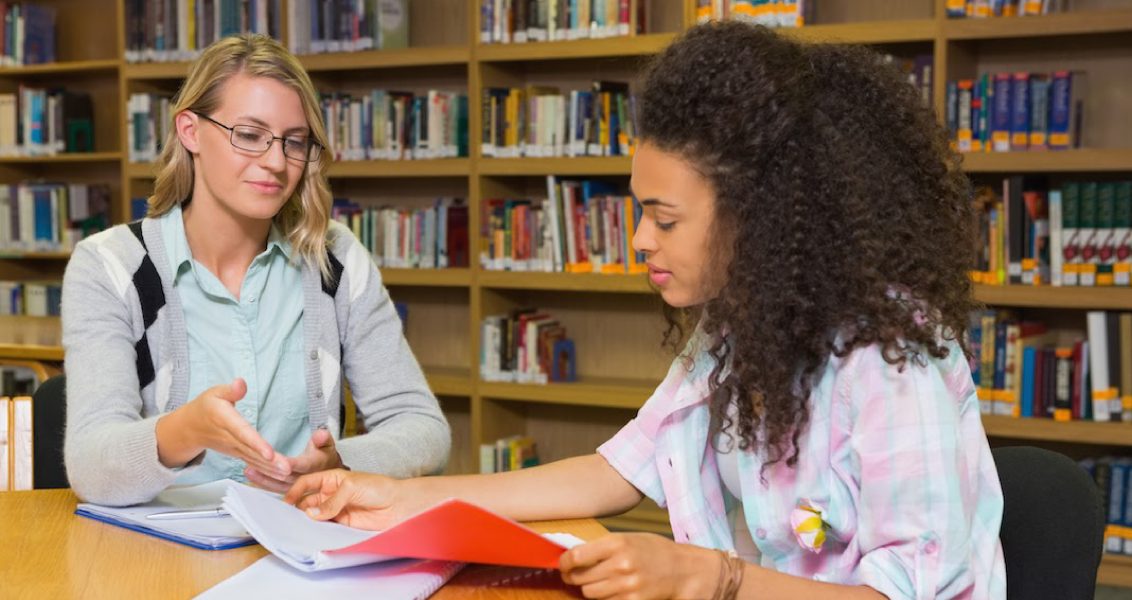
In the face of a mental health epidemic in education, how can we ensure we grow a confident and resilient next generation? What can we do to make teachers and pupils happier? Let’s find out.
The reality
The focus on mental health in education has never been stronger. 2018 alone has seen a 35% rise in the number of UK school teachers seeking mental health support1, declining levels of self-esteem in international school students2, and the declaration of a “mental health epidemic” among UK primary school children3. This series will explore what it is about education that demands so much of our mental health and provide a practical toolkit to help educators grow a confident, resilient and well-rounded next generation of students.
Let us first take a look at the reality of challenges facing students and teachers today and why mental health is so important.
Why does student mental health matter?
Childhood is a time of intense development, and the unique challenges of adolescence stretch even further. At this stage in life, the brain is changing dramatically, each part of it at a different rate, leading to impulsive behaviour and a lower ability to regulate emotion and make decisions. This seismic shift is taking place underneath a landscape of conflicting expectations: to conform socially with their peers whilst also achieving academically in standardised assessments, the results of which will directly influence their educational and professional future. And thanks to social media, they are reminded of these expectations 24 hours a day. In a nutshell, it is a really challenging and conflicted time.
The alarm bells ring from a growing body of evidence to support that excess stress and mental ill-health in teenage years can directly impact mental health in adulthood: confidence, ability to make decisions and how they regulate emotions are all affected. Furthermore, it is widely known that students perform better in assessments when they are less stressed5.
What about teacher mental health?
Yes. Teachers are humans too – it matters if you are not happy. With ever-growing pressure to meet exam targets, support student welfare and actually have a personal life, it is no wonder teachers are suffering. And cutting-edge research by Leeds Beckett University4 earlier this year highlighted a direct dependency between teacher mental health and the quality of the classroom environment. If a teacher is stressed or feeling low, the study showed it “spreads to students like a contagion”. Thus ensues a spiralling deterioration of student and teacher health – not helpful at such a volatile age for the student and certainly not helpful for you.
What can we do to help?
We can learn to lean in. Unpleasant feelings are difficult because they feel unpleasant – we are programmed to avoid and to want to fix ourselves when we feel uncomfortable. With practical matters, this is helpful programming. With emotions, less so.
Mindfulness meditation teaches us the ability to accept and sit with difficult feelings in the same way that we can with happy ones. It is the skill of paying conscious attention to the present moment, often using the breath, without judgement and with kindness to ourselves. It teaches the brain that it is OK to be in the present moment, whether that moment is nice or unpleasant, without panicking about the impact on the next goalpost or exam. And what’s more, studies have proven that with regular practice, the brain begins to change structure to be calmer and more resilient all on its own, actively reducing stress around exams5.
This age lasts a lifetime in a teenager’s eyes. It’s no wonder that “when mental illness strikes, it feels elemental, chemical and incomprehensible”.6 Teenagers need clear boundaries to feel safe, but within these they also need to feel safe to not be ok, that it will pass and that the end results will be fine. The same applies to teachers. And the good news is we can learn to do this at any age.
In the next article in the series, we will look at what is going on in the teenage brain and how mindfulness meditation can actively train it to feel calmer under pressure, to respond rather than impulsively react and to be more resilient and confident in the long term.
References
- Stanley, J. (2018). Teachers are at breaking point. It’s time to push wellbeing up the agenda. The Guardian, 10 April 2018.
- Marr, H & Neill, J. (2018). https://www.cobis.org.uk/blog/one-in-ten-international-school-students-have-attitudinal-roadblocks-to-learning.
- Campbell, D. (2018). School Children Facing Mental Health Epidemic. https://www.theguardian.com/society/2018/jun/23/schoolchildren-facing-mental-help-epidemic
- http://www.leedsbeckett.ac.uk/news/0118-mental-health-survey/
- Galante, J. et al. (2017). A mindfulness-based intervention to increase resilience to stress in university students (the Mindful Student Study): a pragmatic randomised controlled trial. The Lancet, 3, PE72-E81.
- Bedell, G. (2016) Teenage Mental Health Crisis: Rates of Depression Have Soared in Past 25 Years. The Independent, 27 February 2016.
About the author
Amy Malloy is a freelance writer and editor, and the founder of No More Shoulds.com, teaching mindfulness for healthier, kinder minds. With 15 years’ experience in teaching and educational publishing, she now combines first-hand understanding with wellbeing practices to help educators and students find inner calm in a stressful world.

